OPPOSITION SPREADS AGAINST BILL
입력 2022.04.21 (15:20)
수정 2022.04.21 (16:45)
읽어주기 기능은 크롬기반의
브라우저에서만 사용하실 수 있습니다.
[Anchor Lead]
The Democratic Party’s attempt to take away the investigative power from prosecutors faces protest from not only the Prosecutors’ Office but also other legal groups and even the Supreme Court of Korea. The resistance from the legal professionals implies that the bill may be considered unconstitutional and may even result in a constitutional dispute.
[Pkg]
An official from the Office of Court Administration said at the National Assembly that a majority of legal scholars agree that the removal of prosecutors’ investigative right is unconstitutional. Former heads of the Korean Bar Association released a similar statement, supporting the prosecution’s claim of the bill’s unconstitutionality.
[Soundbite] Nam So-jeong(Prosecutor, Ulsan District Prosecutors’ Office) : "They’re attempting to strip us of the rights to investigate cases and request warrants based on their arbitrary interpretation of the Constitution."
Their claim is based on Article 12 Item 3 of the Constitution - A prosecutor's right to request warrants from the court in case of arrest, detention, seizure or search. They added since investigative activities are prerequisite to warrant requests, stripping investigative authority violates the rights stipulated in the Constitution. Legal scholars argue that an item from the DP-led bill which bars prosecutors from getting warrants without police requests may be unconstitutional as well.
[Soundbite] Prof. Lee Chang-hyun(Law School, Hankuk Univ. of Foreign Studies) : "Other investigative agencies may be added, but it is unconstitutional to take out prosecutors and leave other agencies."
Meanwhile, the Democratic Party which tabled the bill refuted that there is nothing about the authority of the Prosecutors’ Office in the Constitution. Constitutional scholars are divided on this point as well. Some academics believe it is very unlikely to be unconstitutional.
[Soundbite] Prof. Chang Young-soo(Law School, Korea Univ.) : "Given the investigative practices, it is hard to say that investigative power and warrant request authority are inseparable. So, you can’t say definitely that stripping investigative rights is unconstitutional because of the rights to request warrants."
The Supreme Prosecutors’ Office launched a team focusing exclusively on this matter. It could come down to how the clause is interpreted, leaving the decision up to the Constitutional Court.
The Democratic Party’s attempt to take away the investigative power from prosecutors faces protest from not only the Prosecutors’ Office but also other legal groups and even the Supreme Court of Korea. The resistance from the legal professionals implies that the bill may be considered unconstitutional and may even result in a constitutional dispute.
[Pkg]
An official from the Office of Court Administration said at the National Assembly that a majority of legal scholars agree that the removal of prosecutors’ investigative right is unconstitutional. Former heads of the Korean Bar Association released a similar statement, supporting the prosecution’s claim of the bill’s unconstitutionality.
[Soundbite] Nam So-jeong(Prosecutor, Ulsan District Prosecutors’ Office) : "They’re attempting to strip us of the rights to investigate cases and request warrants based on their arbitrary interpretation of the Constitution."
Their claim is based on Article 12 Item 3 of the Constitution - A prosecutor's right to request warrants from the court in case of arrest, detention, seizure or search. They added since investigative activities are prerequisite to warrant requests, stripping investigative authority violates the rights stipulated in the Constitution. Legal scholars argue that an item from the DP-led bill which bars prosecutors from getting warrants without police requests may be unconstitutional as well.
[Soundbite] Prof. Lee Chang-hyun(Law School, Hankuk Univ. of Foreign Studies) : "Other investigative agencies may be added, but it is unconstitutional to take out prosecutors and leave other agencies."
Meanwhile, the Democratic Party which tabled the bill refuted that there is nothing about the authority of the Prosecutors’ Office in the Constitution. Constitutional scholars are divided on this point as well. Some academics believe it is very unlikely to be unconstitutional.
[Soundbite] Prof. Chang Young-soo(Law School, Korea Univ.) : "Given the investigative practices, it is hard to say that investigative power and warrant request authority are inseparable. So, you can’t say definitely that stripping investigative rights is unconstitutional because of the rights to request warrants."
The Supreme Prosecutors’ Office launched a team focusing exclusively on this matter. It could come down to how the clause is interpreted, leaving the decision up to the Constitutional Court.
■ 제보하기
▷ 카카오톡 : 'KBS제보' 검색, 채널 추가
▷ 전화 : 02-781-1234, 4444
▷ 이메일 : kbs1234@kbs.co.kr
▷ 유튜브, 네이버, 카카오에서도 KBS뉴스를 구독해주세요!
- OPPOSITION SPREADS AGAINST BILL
-
- 입력 2022-04-21 15:20:54
- 수정2022-04-21 16:45:32
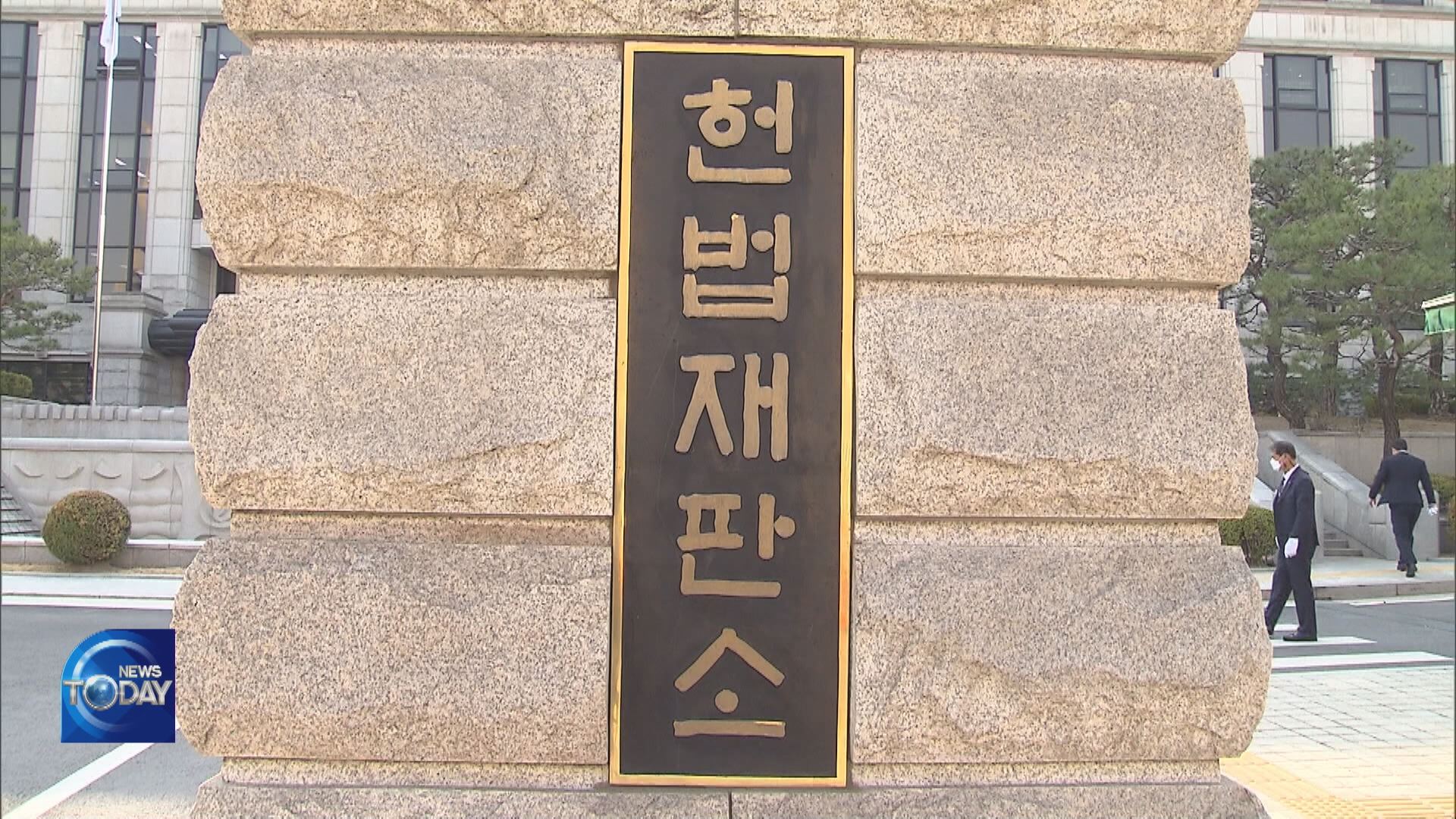
[Anchor Lead]
The Democratic Party’s attempt to take away the investigative power from prosecutors faces protest from not only the Prosecutors’ Office but also other legal groups and even the Supreme Court of Korea. The resistance from the legal professionals implies that the bill may be considered unconstitutional and may even result in a constitutional dispute.
[Pkg]
An official from the Office of Court Administration said at the National Assembly that a majority of legal scholars agree that the removal of prosecutors’ investigative right is unconstitutional. Former heads of the Korean Bar Association released a similar statement, supporting the prosecution’s claim of the bill’s unconstitutionality.
[Soundbite] Nam So-jeong(Prosecutor, Ulsan District Prosecutors’ Office) : "They’re attempting to strip us of the rights to investigate cases and request warrants based on their arbitrary interpretation of the Constitution."
Their claim is based on Article 12 Item 3 of the Constitution - A prosecutor's right to request warrants from the court in case of arrest, detention, seizure or search. They added since investigative activities are prerequisite to warrant requests, stripping investigative authority violates the rights stipulated in the Constitution. Legal scholars argue that an item from the DP-led bill which bars prosecutors from getting warrants without police requests may be unconstitutional as well.
[Soundbite] Prof. Lee Chang-hyun(Law School, Hankuk Univ. of Foreign Studies) : "Other investigative agencies may be added, but it is unconstitutional to take out prosecutors and leave other agencies."
Meanwhile, the Democratic Party which tabled the bill refuted that there is nothing about the authority of the Prosecutors’ Office in the Constitution. Constitutional scholars are divided on this point as well. Some academics believe it is very unlikely to be unconstitutional.
[Soundbite] Prof. Chang Young-soo(Law School, Korea Univ.) : "Given the investigative practices, it is hard to say that investigative power and warrant request authority are inseparable. So, you can’t say definitely that stripping investigative rights is unconstitutional because of the rights to request warrants."
The Supreme Prosecutors’ Office launched a team focusing exclusively on this matter. It could come down to how the clause is interpreted, leaving the decision up to the Constitutional Court.
The Democratic Party’s attempt to take away the investigative power from prosecutors faces protest from not only the Prosecutors’ Office but also other legal groups and even the Supreme Court of Korea. The resistance from the legal professionals implies that the bill may be considered unconstitutional and may even result in a constitutional dispute.
[Pkg]
An official from the Office of Court Administration said at the National Assembly that a majority of legal scholars agree that the removal of prosecutors’ investigative right is unconstitutional. Former heads of the Korean Bar Association released a similar statement, supporting the prosecution’s claim of the bill’s unconstitutionality.
[Soundbite] Nam So-jeong(Prosecutor, Ulsan District Prosecutors’ Office) : "They’re attempting to strip us of the rights to investigate cases and request warrants based on their arbitrary interpretation of the Constitution."
Their claim is based on Article 12 Item 3 of the Constitution - A prosecutor's right to request warrants from the court in case of arrest, detention, seizure or search. They added since investigative activities are prerequisite to warrant requests, stripping investigative authority violates the rights stipulated in the Constitution. Legal scholars argue that an item from the DP-led bill which bars prosecutors from getting warrants without police requests may be unconstitutional as well.
[Soundbite] Prof. Lee Chang-hyun(Law School, Hankuk Univ. of Foreign Studies) : "Other investigative agencies may be added, but it is unconstitutional to take out prosecutors and leave other agencies."
Meanwhile, the Democratic Party which tabled the bill refuted that there is nothing about the authority of the Prosecutors’ Office in the Constitution. Constitutional scholars are divided on this point as well. Some academics believe it is very unlikely to be unconstitutional.
[Soundbite] Prof. Chang Young-soo(Law School, Korea Univ.) : "Given the investigative practices, it is hard to say that investigative power and warrant request authority are inseparable. So, you can’t say definitely that stripping investigative rights is unconstitutional because of the rights to request warrants."
The Supreme Prosecutors’ Office launched a team focusing exclusively on this matter. It could come down to how the clause is interpreted, leaving the decision up to the Constitutional Court.
이 기사가 좋으셨다면
-
좋아요
0
-
응원해요
0
-
후속 원해요
0










![[HEADLINE]](https://news.kbs.co.kr/data/news/title_image/newsmp4/news_today/2022/04/21/10_5445690.jpeg)
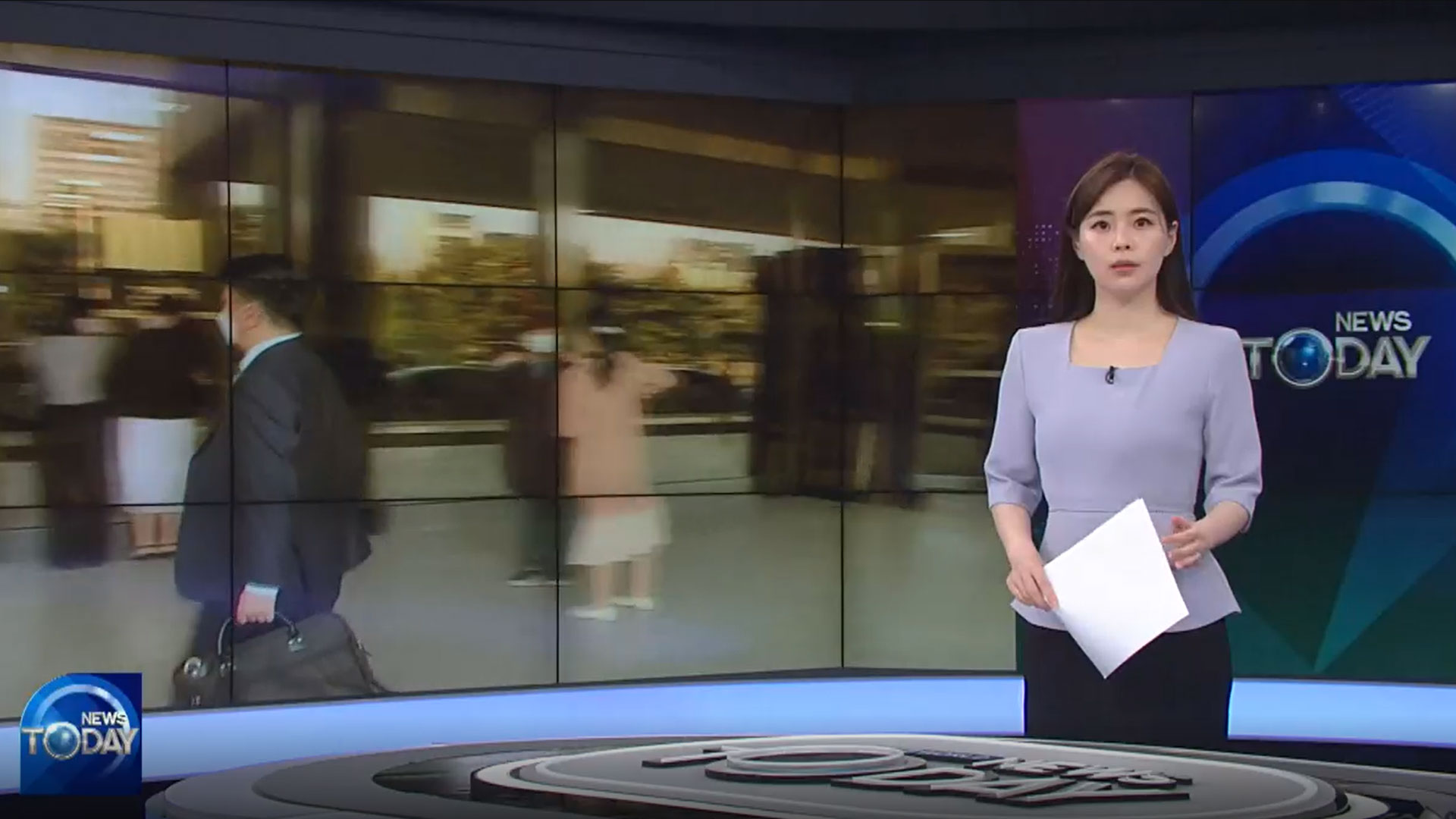
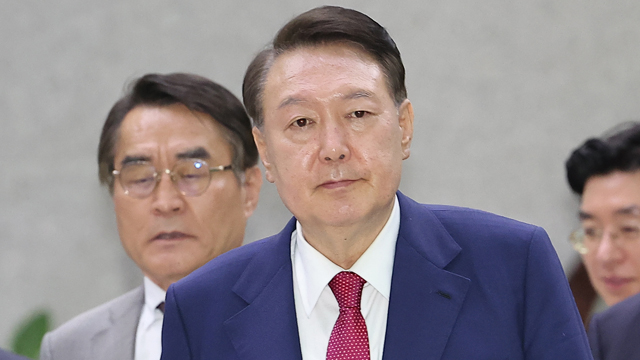
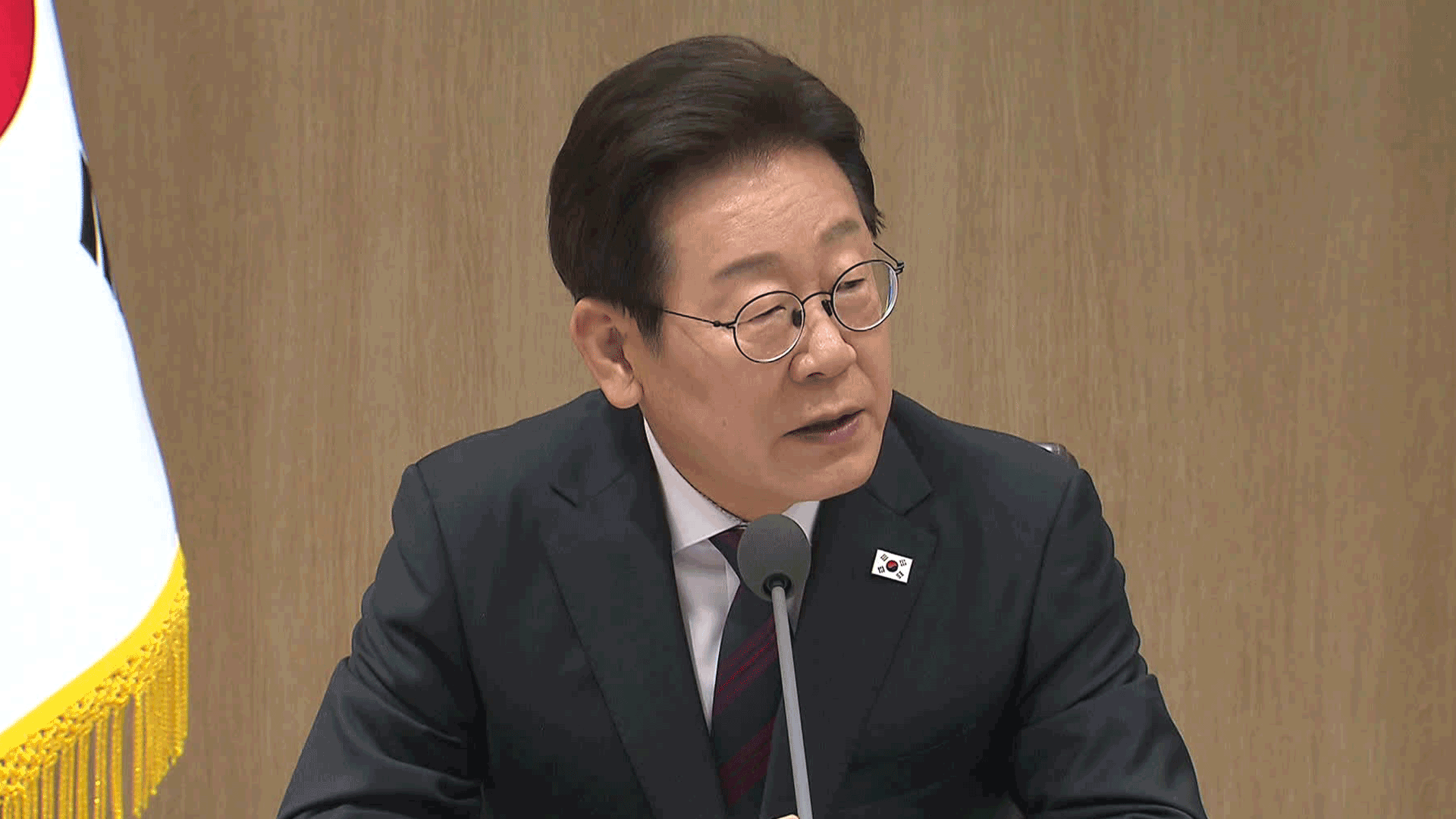
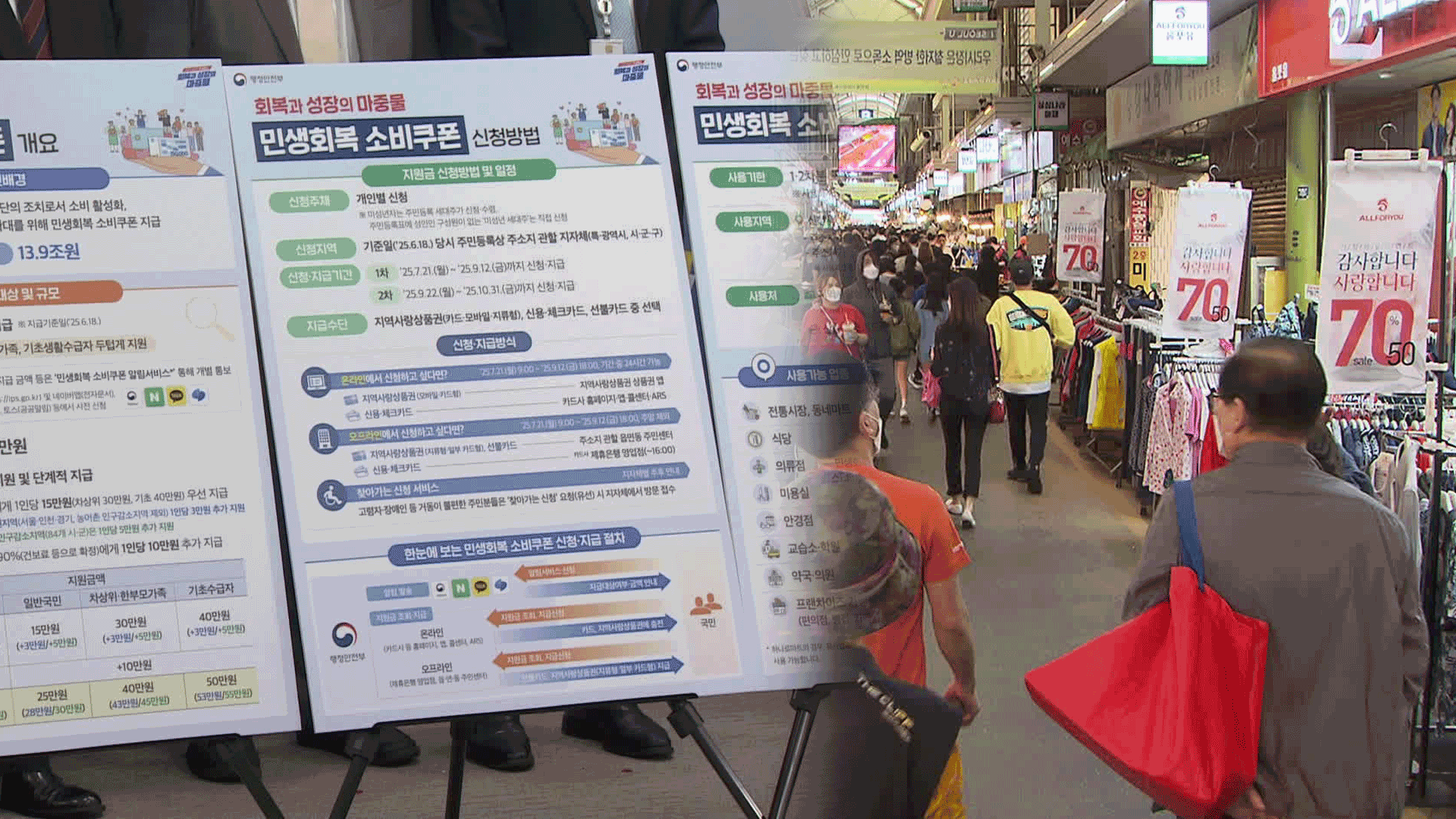
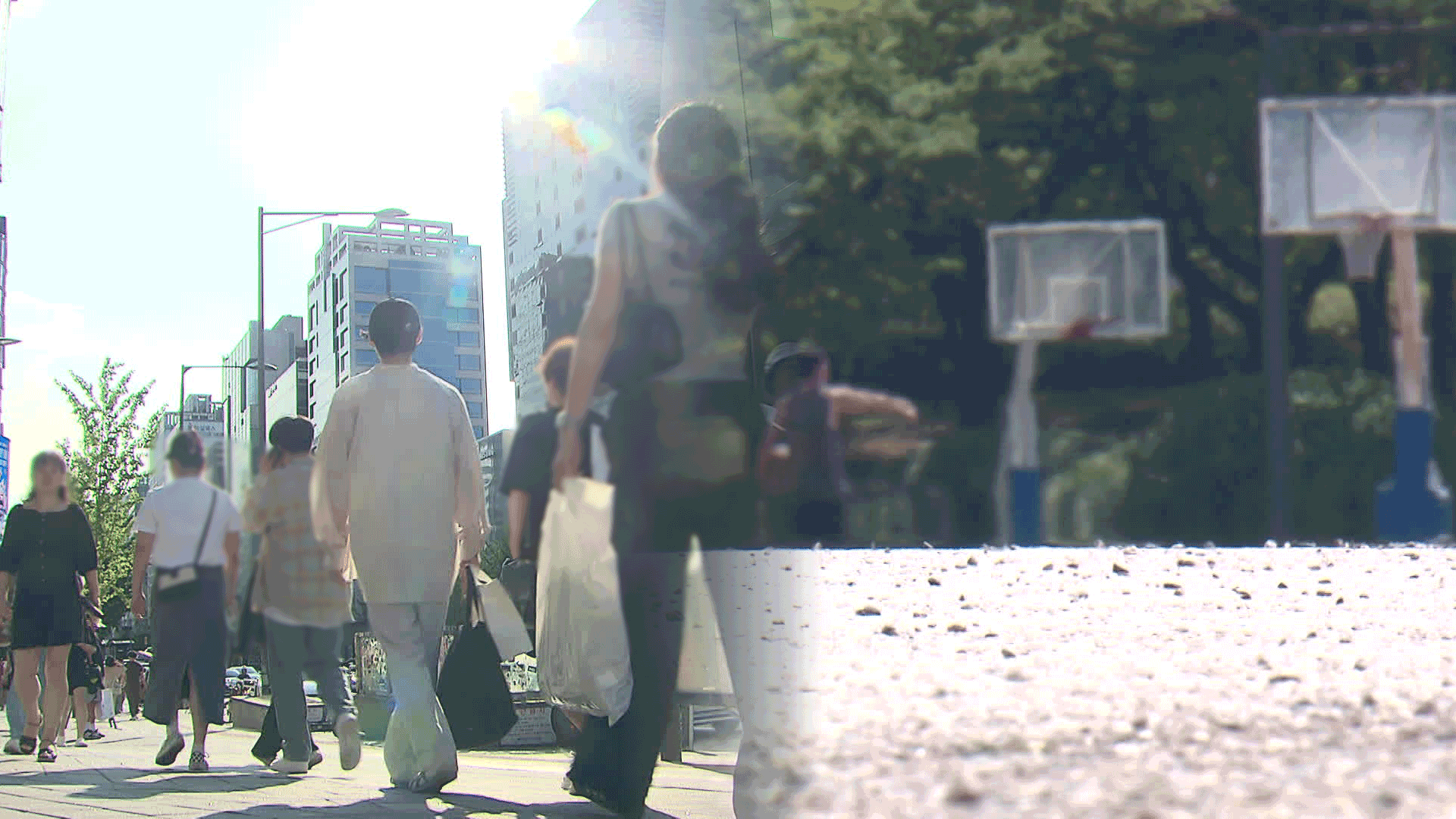

이 기사에 대한 의견을 남겨주세요.